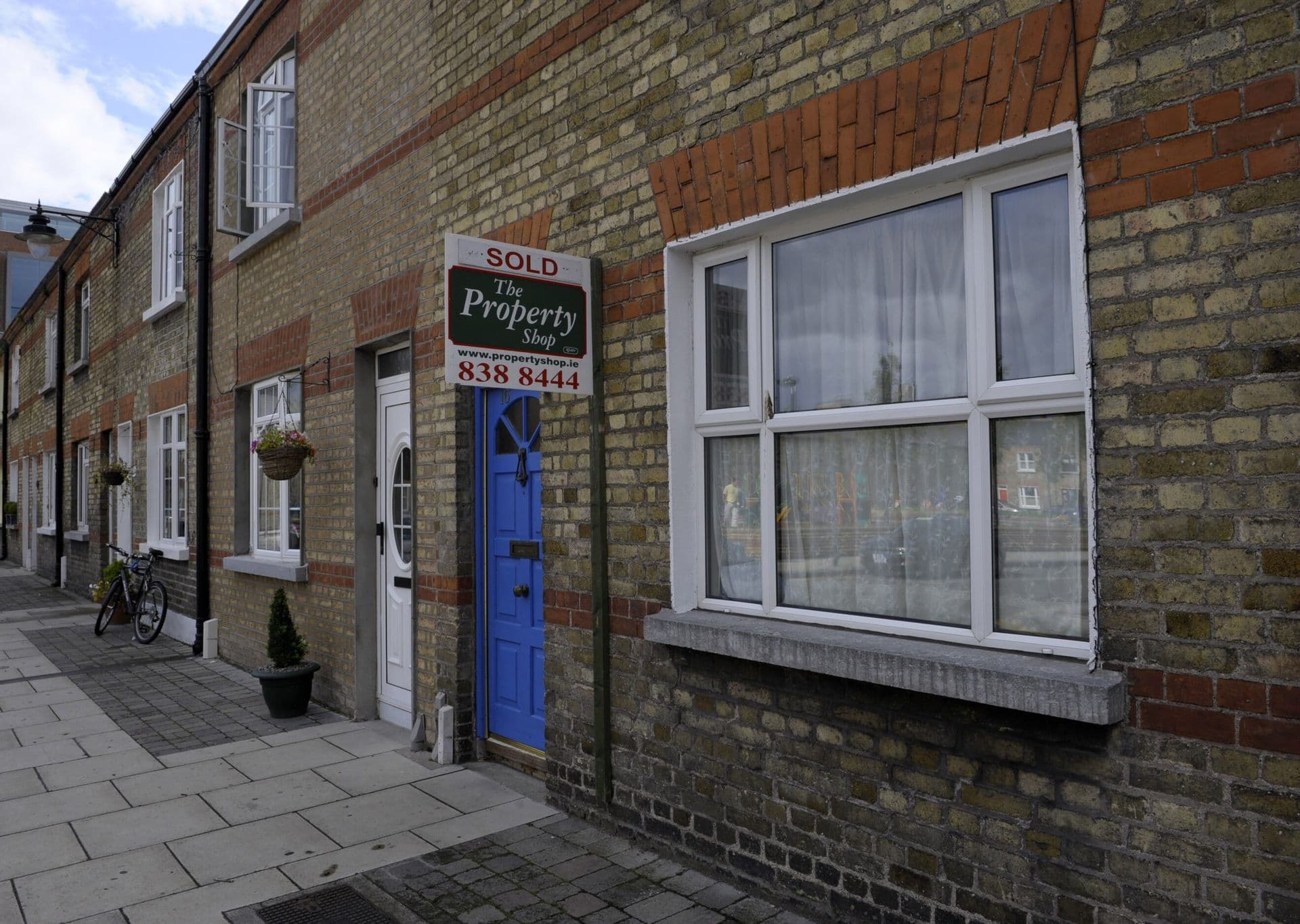AI-Generated Summary
This article, published on Politico by Aitor Hernández-Morales, Jacopo Barigazzi, Barbara Moens, and Giovanna Coi, addresses the pressing issue of the rising far-right in Europe, linking it to the ongoing housing crisis. It emphasizes that inadequate housing policies and escalating rental prices are fueling social unrest and far-right sentiments across the continent.
The Housing Crisis in Europe
The article highlights the dramatic increase in housing costs across Europe, where average rents have surged by 19% and house prices have skyrocketed by 47% over the past decade. In cities like Dublin, the demand for affordable housing has led to rental prices more than doubling since 2013. Individuals like Tomas Santillan, a florist in Dublin, describe the arduous process of finding accommodation, often competing with dozens of others for a single flat.
Impact on Households
The situation is severe; in Germany, one in five households now spends 40% of its disposable income on housing. Protests against housing shortages have erupted in cities like Lisbon, Amsterdam, and Milan, where citizens express their frustration. The far-right groups capitalize on this unrest, blaming immigrants for the housing crisis, which further exacerbates social tensions.
Mismanagement vs. Immigration
Key figures, such as Sorcha Edwards, Secretary-General of Housing Europe, argue that the root cause of the housing shortage lies in mismanagement rather than immigration. She asserts that undocumented immigrants do not drive housing prices; instead, public authorities have neglected their responsibilities to build affordable housing, leading to a crisis that affects everyone, including essential workers.
Political Response
Amid this backdrop, mainstream political parties in the EU are attempting to reclaim housing as a critical political issue. They aim to address the challenges posed by far-right and Euroskeptic parties ahead of the European Parliament elections, recognizing that housing is a matter of great concern among middle-class voters.
The EU's Housing Deal
The article mentions recent initiatives, including the Brussels Declaration and the Housing Europe Manifesto, launched by mayors and political leaders across Europe. These documents call for housing to be a primary focus for the next European Parliament, arguing that the housing crisis affects not just low-income residents but also the middle class, making it a universal concern.
Proposed Solutions
To tackle the crisis effectively, experts suggest the establishment of an EU task force dedicated to housing, which would coordinate policies across member states. The call for significant funding, akin to the Next Generation EU economic recovery package, is crucial for building public housing and improving existing structures to meet sustainability goals.
Future Considerations
While housing is not an EU competence, there is a consensus that the bloc must take action. The authors stress the need for new legislation to curb speculative investments and ensure transparency in real estate transactions. The lack of affordable housing is a pan-European issue, but its causes vary by region, necessitating tailored local solutions. The article concludes by emphasizing that if the EU does not act decisively to address the housing crisis, it risks eroding public trust. Stakeholders warn that without proactive measures, the social fabric of Europe may continue to fray, leaving citizens vulnerable to the rhetoric of the far-right.
